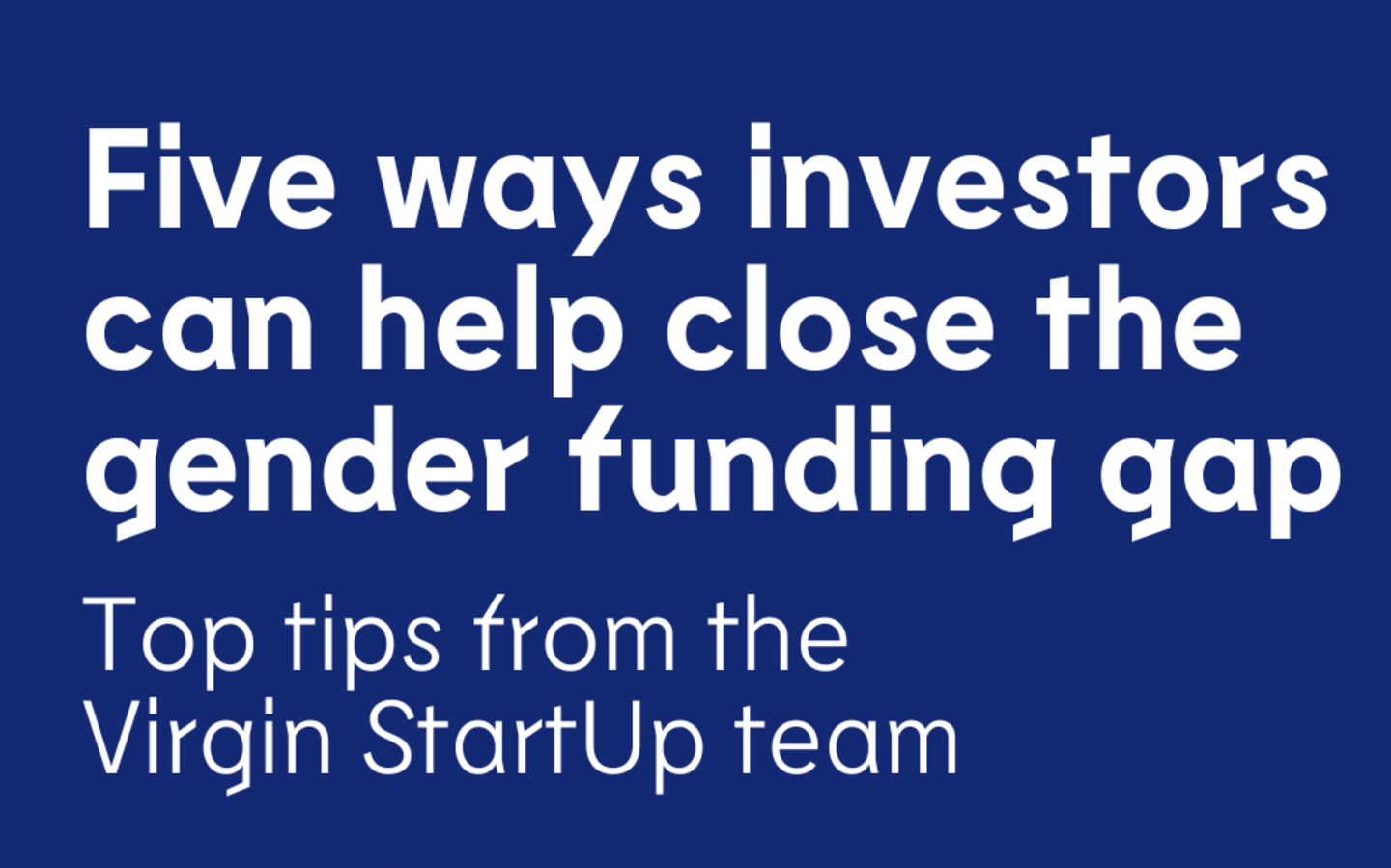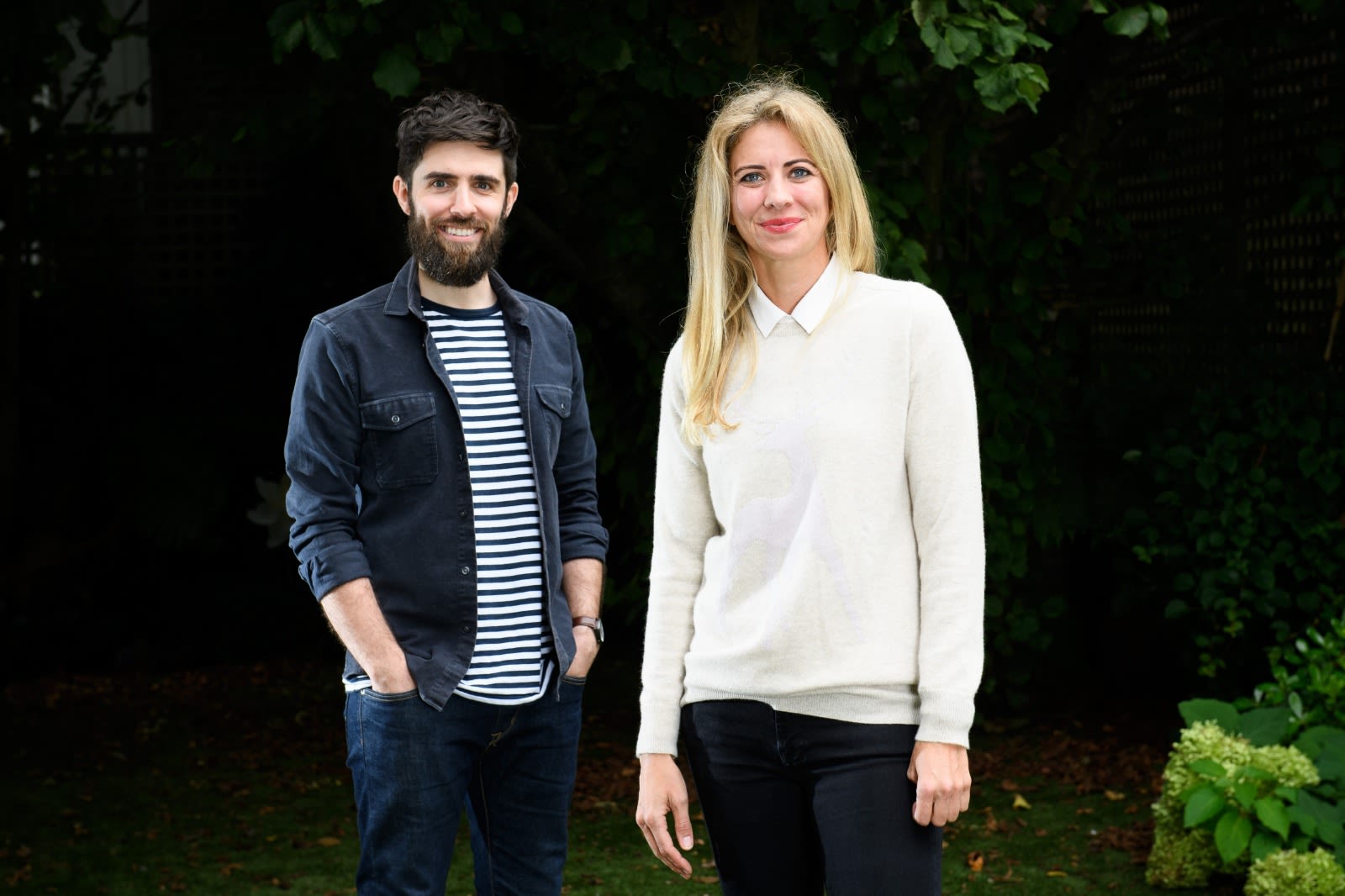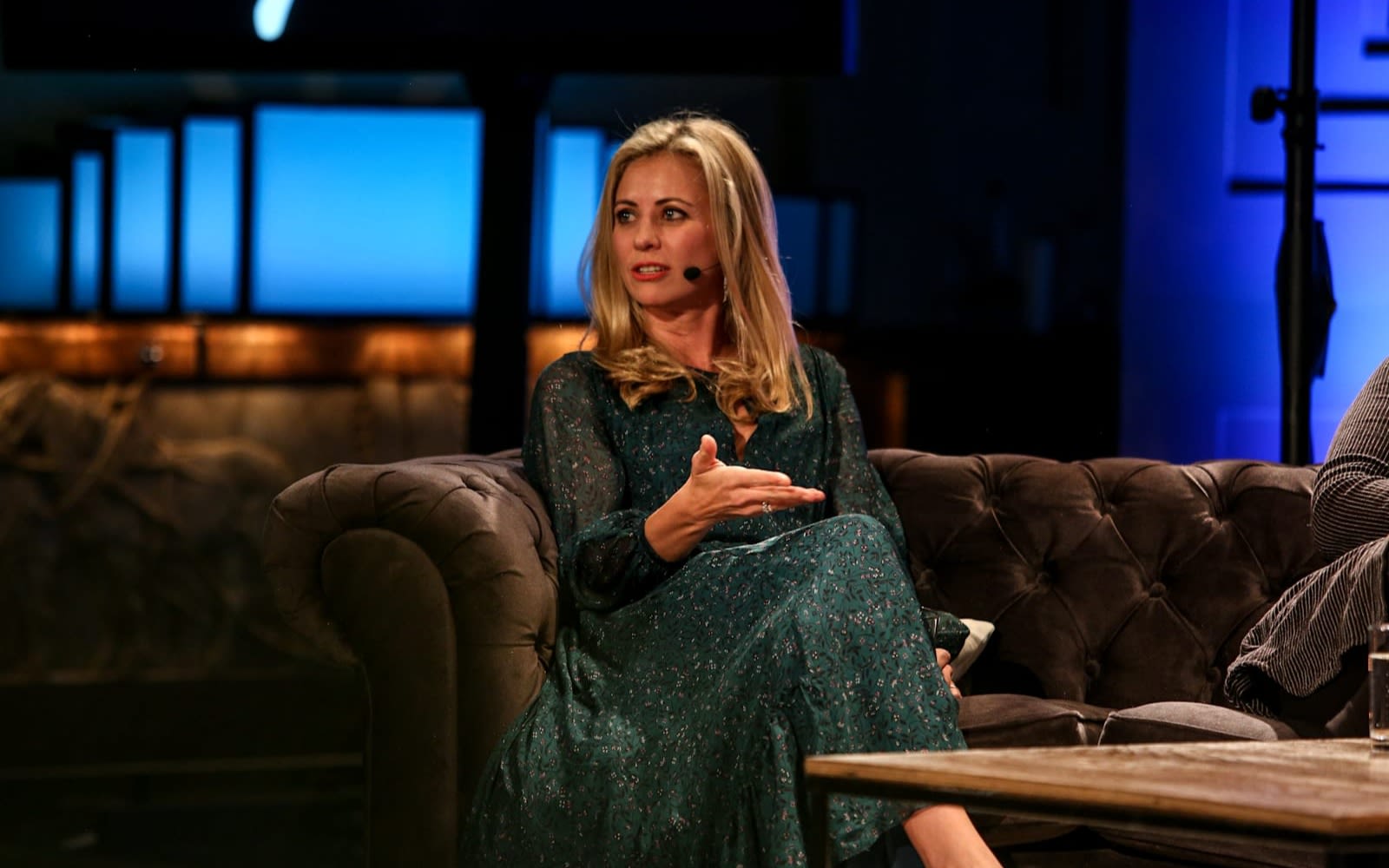How investors can help close the gender funding gap
To mark International Women’s Day, I wanted to share some ways that investors can help to close the funding gap faced by women entrepreneurs. Make no mistake it is a pretty huge gap!
I was chatting to the team at Virgin StartUp about how we all need to work together to level the playing field, in light of the ongoing work they are doing to support women in entrepreneurship andencourage more women to start their own companies.
The problem is that only one in five UK start-ups has a woman founder. The further women go on the funding journey, the greater the underrepresentation becomes. For every £1 of venture capital (VC) investment in the UK, only 1p goes to all-women founded businesses.
To address this issue, Virgin StartUp launched its 50/50 Pledge, and became the first start-up funder to commit to supporting and funding an equal number of men and women. When the pledge launched, 41% of founders backed by Virgin StartUp were women (more than double the national average) and now they are so close to reaching gender parity, with this figure jumping to 48% in 2022. I could not be prouder of the whole team in this incredible achievement, especially in light of the pandemic, which hit female entrepreneurs particularly hard.
Addressing this underrepresentation is not only the right thing to do, it also unlocks huge economic opportunities. Several studies have shown that women-founded businesses backed by venture capital deliver higher revenues, and research also indicates that the finance industry is missing out on more than $700 billion a year by excluding women or failing to tailor products for women. It’s also important to note the societal impact, as insights show that women tend to launch businesses with a greater focus on solving real-world issues like sustainability and healthcare access. By giving women more power over investment decisions and addressing economic inclusion more broadly, the impact becomes even more profound. According to the OECD, giving women greater control of financial assets helps to speed up development, overcome poverty and reduce global inequalities. With all of this in mind, Virgin StartUp shared some brilliant ways that investors can better support women founders:
1. Level the playing field by committing to fund an equal number of women and men. This commitment drives tangible action, and it ensures equality is not just a lofty ambition. When Virgin StartUp launched its 50/50 pledge, it led to deeper thinking on how to address the issue. From ensuring women are better represented in marketing assets and in their network of mentors, to adopting gender-inclusive language and recognising unconscious bias – the pledge encouraged a more meaningful effort to break down these barriers.
2. If you can’t invest in a women-founded business for a valid and equitable reason, commit to providing constructive feedback and introducing the founder to two other investors. Women typically have less contacts in the investment world so new connections can be invaluable.
3. Hire more women investors and directors. Pure and simple. More diversity in the investment eco-system is a straight-forward way to help more women secure funding and break away from the ’boys club’ that is the traditional investment world. Studies show that when women venture capitalists make the decisions, they’re twice as likely to invest in female founding teams. The same applies for your circle of mentors and business advisors. Make sure there are plenty of women sharing their unique expertise and experiences.
4. Create specific funds for women founders. Ring-fencing capital for women is another way of ensuring you’re taking serious action and putting your money where your mouth is. It forces investors to challenge outdated ideas and shake up their ways of working.
5. Address unconscious biases. It’s helpful to run compulsory gender bias training and put processes in place to actively avoid being biased when analysing an investment opportunity. A good starting point is to avoid defensive questions. Research shows that women are typically asked more defensive(‘prevention’) questions about safety, responsibility, or security; while men tend to be askedmore positively geared ('promotion’) questions about hopes, accomplishments and advancements.
I am forever inspired by the work Virgin StartUp is doing to close the funding gap and help more women launch thriving businesses. Hopefully these tips are helpful for anyone with the power to back more women, and to grasp the opportunities that come with it!







